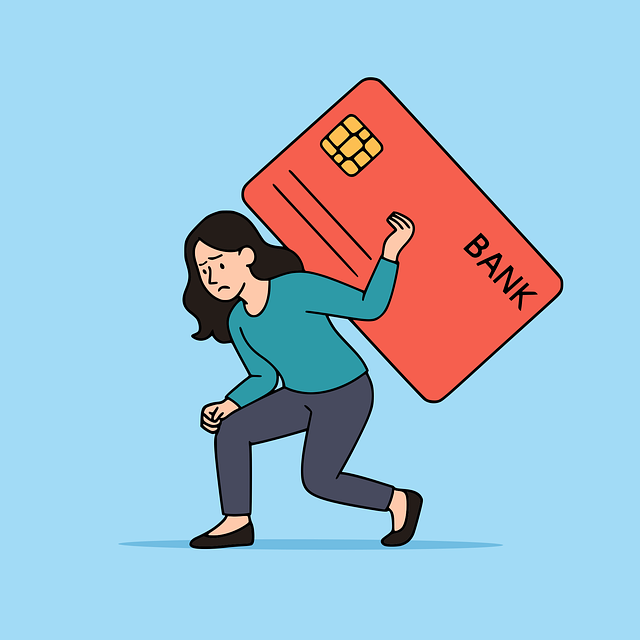Unsecured debt consolidation loans offer a flexible way to merge multiple high-interest credit card debts into a single, lower-interest loan without collateral. They simplify repayment, reduce overall interest costs, and provide personalized plans, including options for medical debts. Shopping around ensures the best fit for unique financial situations, helping individuals regain control of their finances and develop responsible borrowing habits.
Looking to escape the cycle of high-interest credit card debt? Unsecured debt consolidation loans could be the solution. This comprehensive guide delves into how to consolidate credit card debt without equity, focusing on unsecured loan options. We’ll help you navigate the process, evaluate your financial situation for eligibility, and explore various loan types and interest rates. Learn effective strategies to repay consolidated debt, allowing you to regain control of your finances.
- Understanding Unsecured Debt Consolidation Loans
- Evaluating Your Financial Situation for Eligibility
- Exploring Loan Options and Interest Rates
- Effective Strategies to Repay Consolidated Debt Without Equity
Understanding Unsecured Debt Consolidation Loans
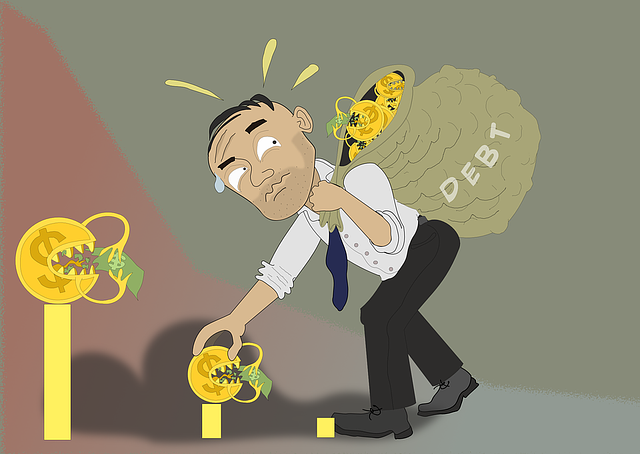
Unsecured debt consolidation loans are a popular option for individuals looking to simplify their financial obligations without having to offer collateral. As the name suggests, these loans don’t require any asset as security, making them accessible to a wide range of borrowers. This type of loan is specifically designed to merge multiple high-interest credit card debts into a single, more manageable repayment stream. By consolidating your unsecured debts, you can potentially lower interest rates on existing debts and make your overall financial situation more organized.
What sets unsecured consolidation loans apart is their flexibility and simplicity. Borrowers can use the funds from these loans to pay off various unsecured debts, such as credit card balances, personal loans, or medical bills. The primary goal is to simplify debt repayment by reducing the number of payments you have to make each month. Additionally, many lenders offer the option to extend the loan term, which can result in lower monthly payments but may also extend the time it takes to pay off the consolidated debts completely.
Evaluating Your Financial Situation for Eligibility
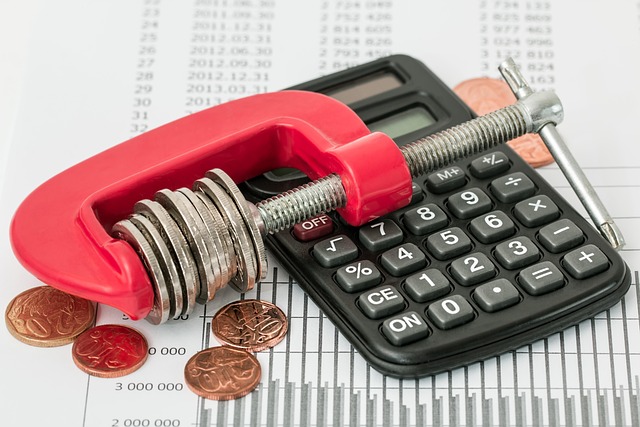
Evaluating your financial situation is a crucial step in determining your eligibility for unsecured debt consolidation loans. These loans offer a viable alternative to secured options, as they don’t require collateral. If you’re considering this route, it’s essential to assess your current debt load and income stability. Unsecured debt consolidation can be particularly beneficial if you have multiple debts, each with varying interest rates, making repayment confusing and costly.
When comparing unsecured debt consolidation loans to secured loans, it’s important to weigh the advantages. Is unsecured debt consolidation better? It depends on your circumstances. Secured loans often come with lower interest rates but pose a risk of asset loss if you default. Unsecured loans provide greater flexibility but typically carry higher interest rates. Understanding these risks is key to making an informed decision.
Exploring Loan Options and Interest Rates
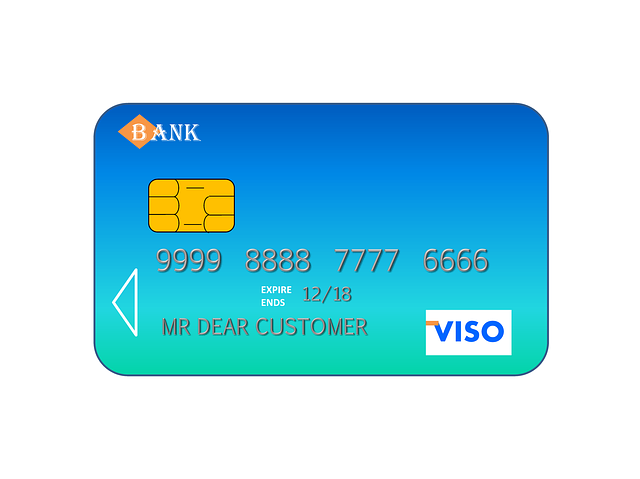
When looking to consolidate credit card debt without equity, one of the primary considerations is exploring various loan options and understanding interest rates. Unsecured debt consolidation loans are a popular choice for many as they offer an opportunity to refinance multiple high-interest debts into a single, more manageable loan with potentially lower interest rates on existing debts. This not only simplifies repayment but can also significantly reduce the overall cost of your debt burden.
Lenders offering these loans often have specialized programs designed to help individuals find personalized debt relief plans tailored to their unique financial situations. This includes fixing medical debts with flexible unsecured loans, which can provide much-needed breathing room for those dealing with unexpected healthcare expenses. By shopping around and comparing offers, you can secure a loan that best suits your needs, ensuring long-term financial stability and peace of mind.
Effective Strategies to Repay Consolidated Debt Without Equity
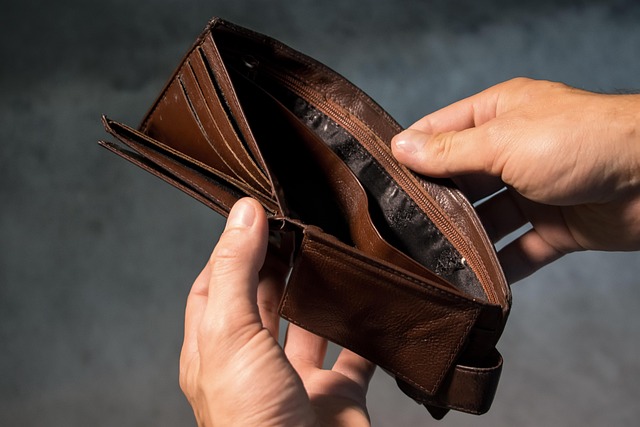
Consolidating credit card debt without equity is a strategic move to gain control over your finances. One effective strategy is to secure an unsecured debt consolidation loan, which allows you to combine multiple high-interest credit card debts into a single, lower-interest loan. This simplifies repayment and can significantly reduce the overall interest paid. Many lenders offer these loans with flexible terms, making them accessible to those looking to consolidate my loans without collateral.
After securing a debt consolidation loan, you’ll want to focus on adhering to your new repayment plan. The process involves making consistent monthly payments towards the consolidated loan, which in turn pays off your credit cards. This method not only reduces debt but also teaches responsible borrowing habits. Remember, how does unsecured debt consolidation work? It’s about restructuring your debt to better manage it, ultimately helping you regain financial stability and freedom.
Debt consolidation without equity is a viable option for many individuals seeking financial freedom. By understanding unsecured debt consolidation loans, evaluating your eligibility, and strategically choosing low-interest options, you can effectively manage and repay your debt. This approach allows you to simplify payments, reduce stress, and ultimately gain control of your finances without putting up collateral. Remember, proactive management is key; combining this method with responsible financial habits will lead to a healthier financial future.
